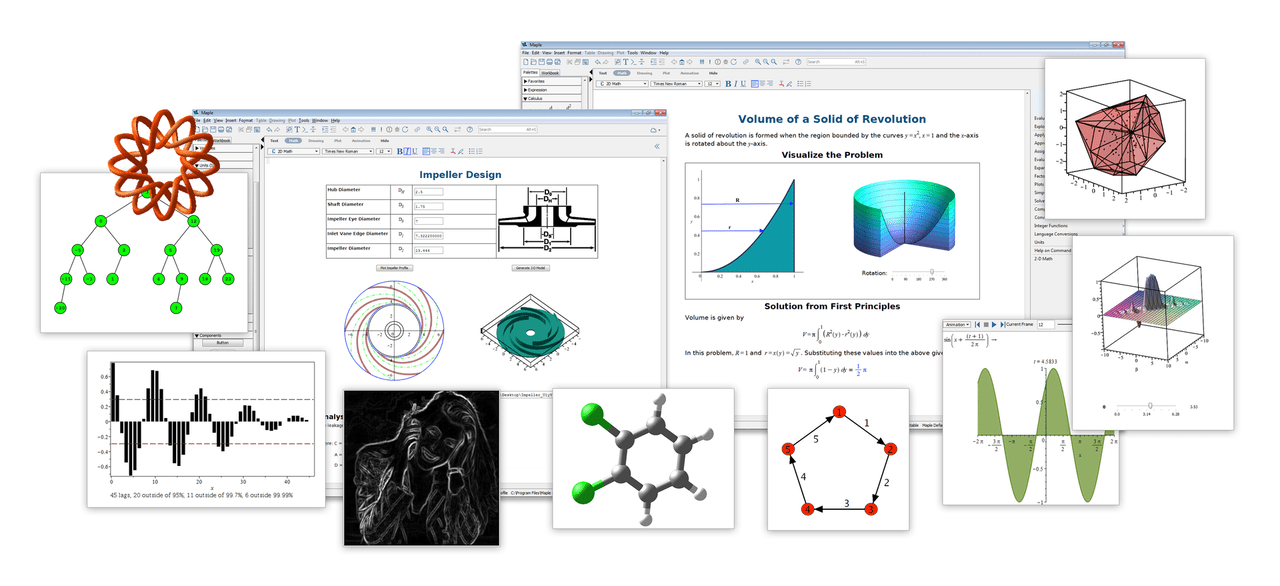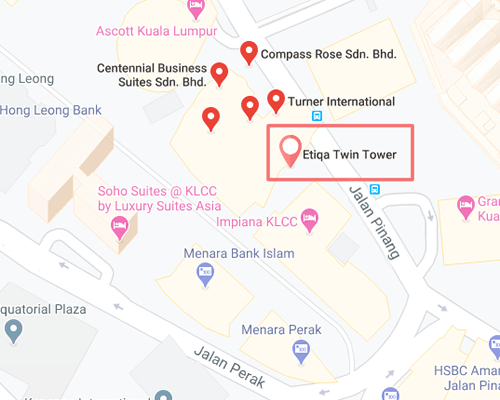
Day 3: Advanced and Specialized Topics (Optional)
The third day covers topics chosen by attendees in greater depth.
The following are just a sample of the topics that can be covered.
Since only a small number of topics can be covered in a single
day, please discuss your interests with your trainer to determine
what can be reasonably achieved in the time available.
- Signal Processing
FFTs/IFFTs
Basic windowing and filtering - Advanced Programming
Preparing procedures for code generation
Creating reusable and deployable code
Parallel and multithreaded programming - Interfacing with MATLAB®
Transferring data between MATLAB® and Maple
Using Maple from MATLAB® and vice versa
Importing and translating MATLAB® Code - penMaple™ API
Interfacing Maple with Visual Basic®/external C programs
Using externally-compiled DLLs in Maple - Connectivity with CAD tools (NX®, SolidWorks®, Autodesk Inventor®)
Day 4 and Beyond: Building your Own Application (Optional)
This is your opportunity to use the knowledge from days 1, 2
and 3 to develop a Maple solution that is specific to your needs.
It is strongly recommended that you include at least one day
of application building in your training to make the course as
relevant as possible to the work that you do. Your instructor will
work with you on planning and building a suitable proof-ofconcept
model that will provide a good starting point for further
development after the course is over.
To ensure the success of this session, it is important that you
provide a description of what you want to achieve in advance.
Your instructor can help you determine how many days of
training will be required to meet your goals or what would be
achievable in the time you have available.
In advance of the session, you will need to provide:
- Description of analysis you would like to develop (technical
references would be useful) - Domain expertise that will be required to develop the analysis
(engineering, statistics, signal processing, etc.) - Target user for the analysis (for example, expert,
technician, unskilled) - Specific areas of focus and priorities
- What you would consider to be a successful outcome
for this session
Please contact ASES for more information at info@ases.co



